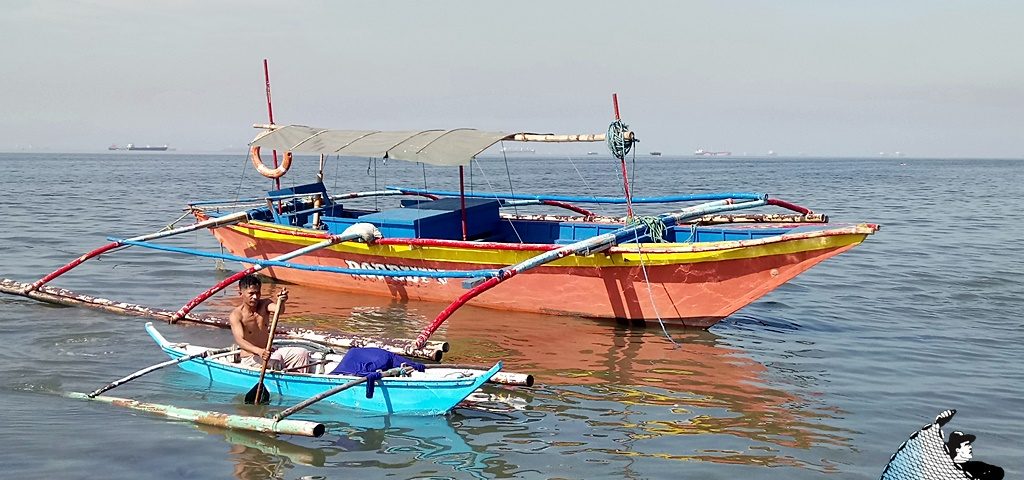Fishers reject galunggong fish ban in Palawan, call to regulate big vessels in municipal waters to preserve fish stocks
Manila, Philippines — The national fishers group Pambansang Lakas ng Kilusang Mamamalakaya ng Pilipinas (PAMALAKAYA) expressed opposition to the 3-month fishing ban on galunggong (roundscad) imposed by the Bureau of Fisheries and Aquatic Resources (BFAR) in northeastern Palawan starting on November 1.
“Under the present orientation, fishing bans do not equate to preservation of fish species. Rather, it pushes for further exploitation of seas because commercial fishing vessels will do panic fishing and exploit fishery resources as long as they want before the effectivity of the fish ban. Also, these same commercial vessels will fast-exhaust the accumulated fish when the fish ban ends, leaving less for small fisherfolk. In just a couple of nights of large-scale fishing operations, the fish species that were preserved and grown for 3 months will be easily depleted,” Fernando Hicap, PAMALAKAYA National Chairperson said in a statement.
Hicap, former Anakpawis Partylist Representative added that will pose adverse impact to the livelihood of small fishers and to poor consumers who depend on galunggong as primary protein source.
“Fish ban will bring economic disaster to the people of Palawan who directly and indirectly depend on galunggong. Fishers in Palawan can catch up to 20 kilos of galunggong per fishing trip and being enjoyed by communities who are able to buy the product for a very low price compared to the regular price in the market. Imagine what would be the lives of those people for three months,” added Hicap.
The fisherfolk group also raised concern on the safety of the municipal fisherfolk who will be forced to do fishing operations outside the municipal waters to avoid the prohibited fishing areas.
“Municipal fisherfolks are forced to venture farther from their traditional fishing grounds with their low-class motorized fishing boats and even in a turbulent weather to sustain their production, jeopardizing their safety,” Hicap added.
“Instead of unjust fishing bans, commercial fishing vessels should be strictly regulated to operate within the municipal waters to prevent them from exploiting the marine and aquatic resources,” Hicap asserted.
Lastly, the fisherfolk group casts fear that the fish ban would result to flooding of imported fish products in the market.
“Tiyak na ang kasunod ng fish ban ay pagbaha ng mga imported na isda na lalong ikalulugi ng mga maliliit na mangingisda,” ended Hicap. ###
